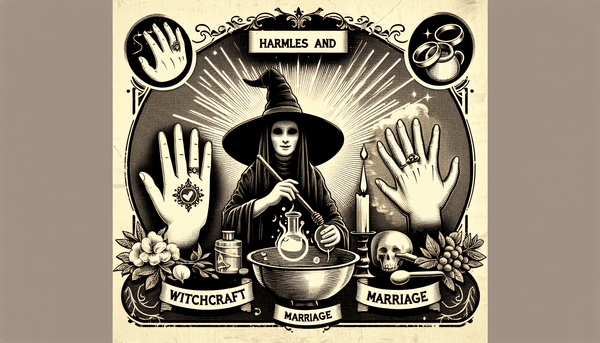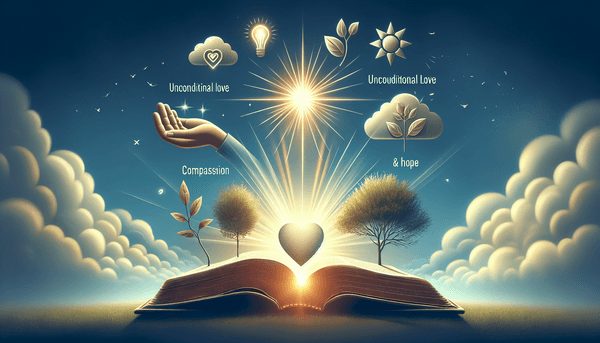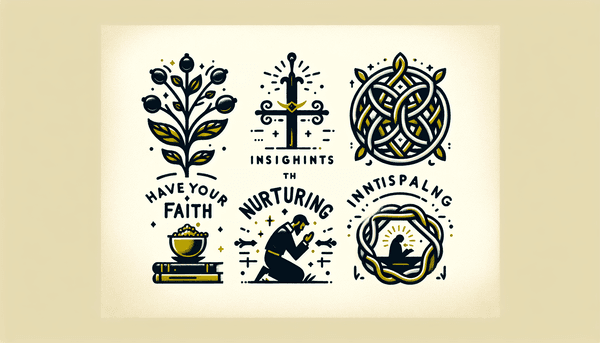Witchcraft and Sorcery in the Bible
Throughout the Bible, witchcraft and practices such as sorcery, divination, and spiritism are unequivocally condemned. In Galatians 5:19-20, the apostle Paul lists witchcraft among the 'acts of the flesh' that are evident and contrary to the life of the Spirit. Similarly, Deuteronomy 18:10-12 explicitly forbids Israelites from engaging in any form of occult practices, labeling those who do as 'detestable to the Lord.' This strong language reflects the biblical understanding that witchcraft represents a rebellion against God and a reliance on occult powers instead of divine guidance. The Old Testament prescribes severe penalties for such actions (Exodus 22:18), while the New Testament offers redemption for those who repent, as seen in Acts 19:19 where converts to Christianity openly renounce their occult practices by burning their scrolls.
Marriage and Sexual Purity in Biblical Teachings
The sanctity of marriage is a central theme in the Bible, representing a covenant relationship that reflects God's enduring faithfulness. The teachings on marriage stress the importance of sexual purity, a virtue upheld within the sacred bounds of matrimony. In this light, 1 Corinthians 6:18-20 warns believers against sexual immorality, emphasizing that the body is the temple of the Holy Spirit and should be kept pure. The story of Jacob in Genesis 28 serves as an illustrative example, where Isaac advises his son to choose a spouse from among their own faith community, thus preserving the lineage and fulfilling God's promises. This guidance underscores the biblical view that marriage is not just a personal commitment but also a spiritual one that affects the broader community of believers and God's unfolding plan.
Divine Encounters and God's Promises
Divine encounters in the Bible often mark significant turning points in the lives of its characters. These moments, where individuals experience God's presence in a profound way, demonstrate the accessibility of God and His desire to engage with His creation. Stories such as Jacob's dream at Bethel in Genesis 28 reveal that God's promises are not bound by time but span generations. The faithfulness of God's promises and the assurance of His presence are also echoed in Psalm 107:1, which proclaims, 'Give thanks to the Lord, for he is good; his love endures forever.' Such encounters lead to personal transformation, inspiring a deeper commitment to adhere to God's guidance and to trust in the fulfilment of His word as shown in the lives of biblical figures. For further reflection on living in alignment with these teachings, consider exploring Christian perspectives on navigating faith and culture.
Conclusion
This exploration of the biblical perspectives on witchcraft, marriage, and divine encounters reveals the Bible's depth and complexity in addressing these significant life themes. From the stern warnings against witchcraft to the celebration of marriage as a divine institution and the transformative power of divine encounters, scripture provides comprehensive guidance for believers seeking to align their lives with God's will. In this context, the understanding of our bodies as temples and the pursuit of dreams offers additional insight into living a life of faith. As we conclude, we are reminded of the enduring relevance of these teachings and the value of turning to the Bible for wisdom in navigating the challenges and questions that arise in our faith journey.






